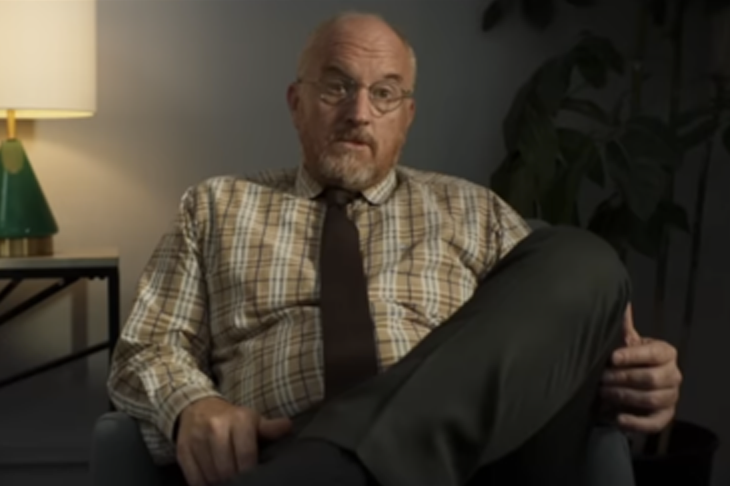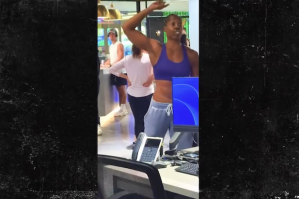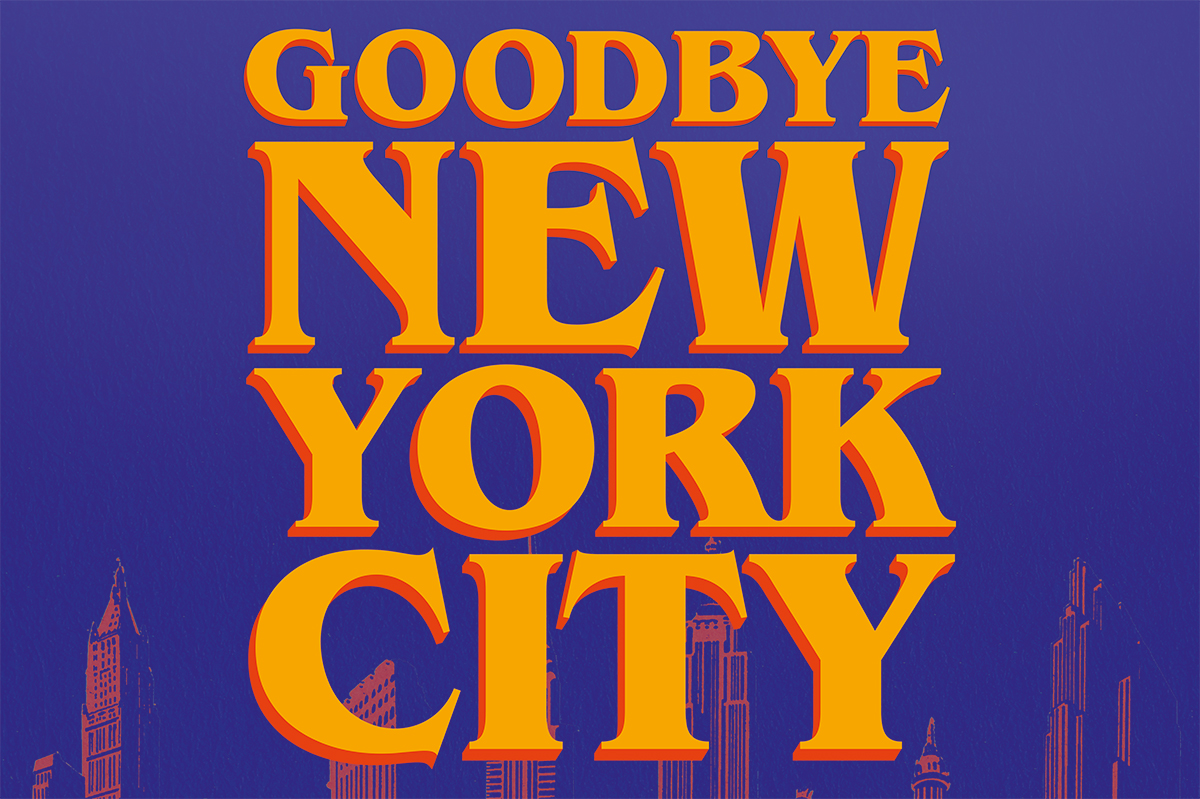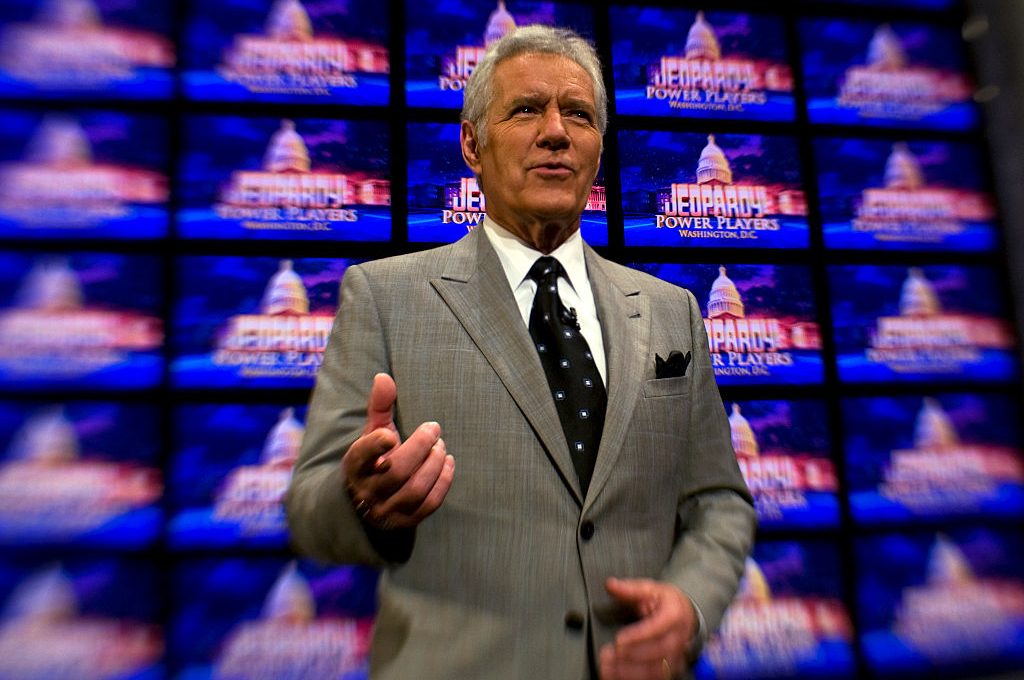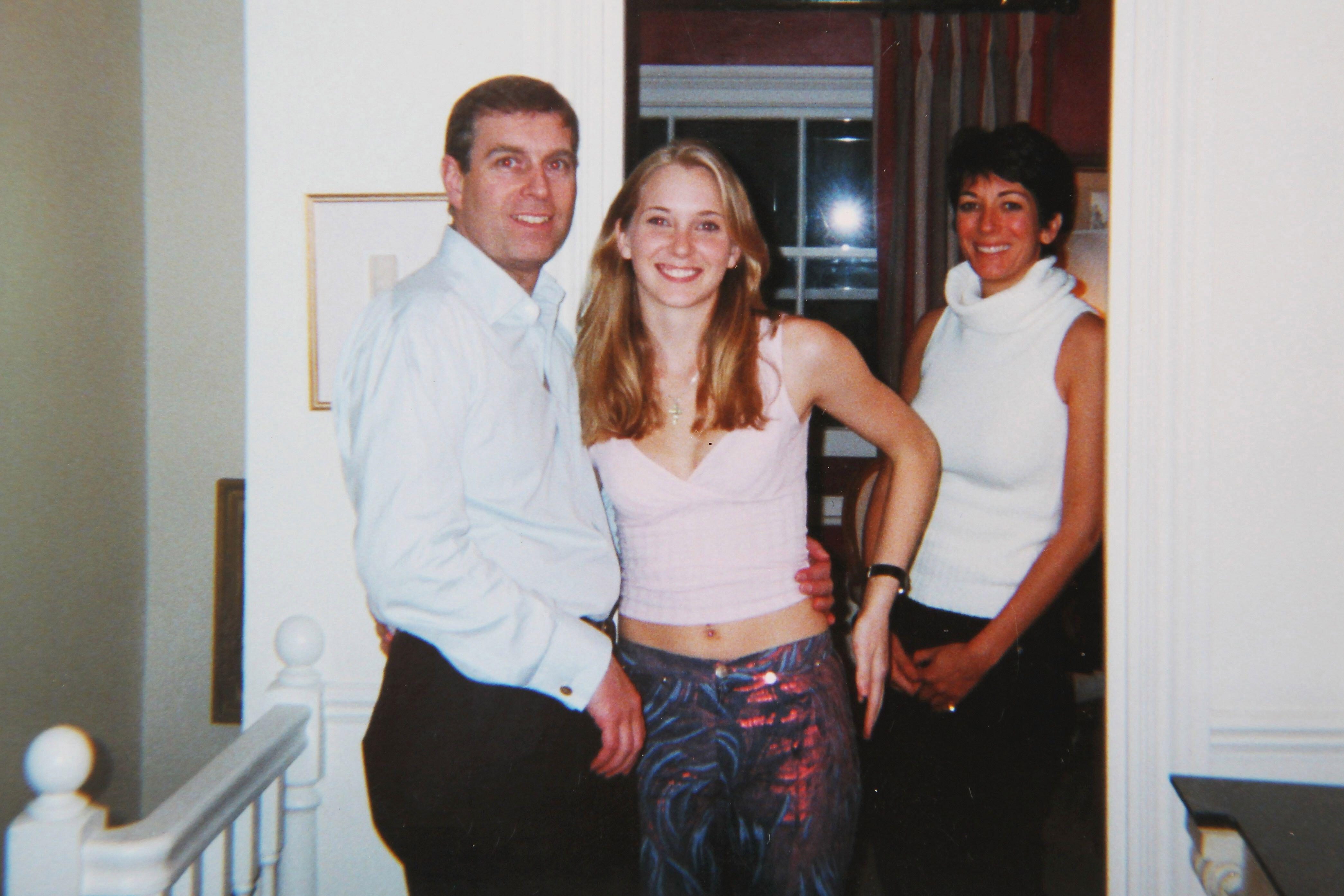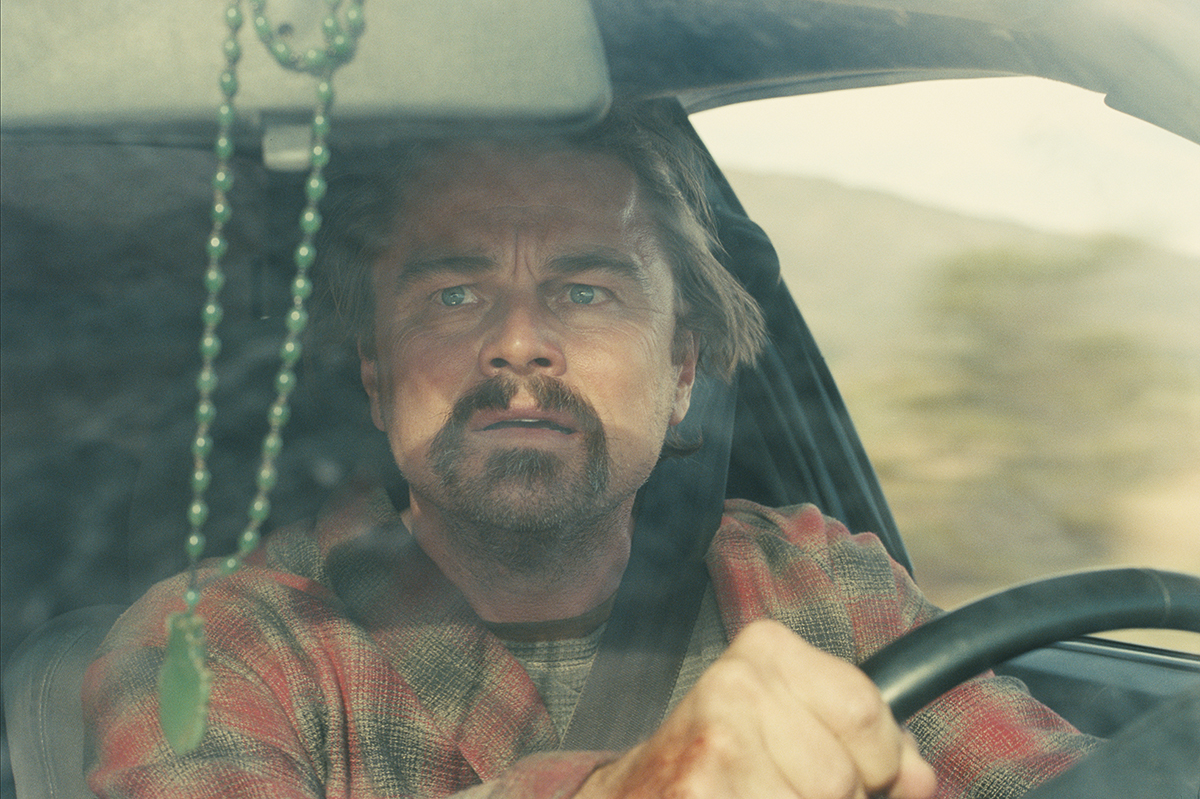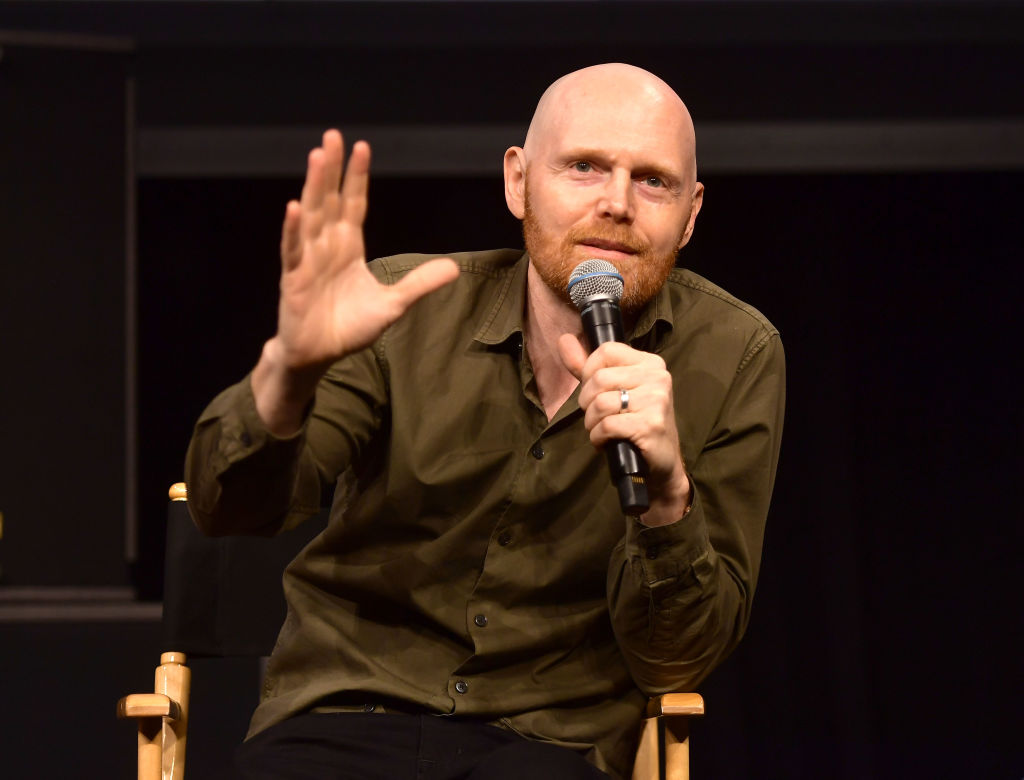He’s officially back. The past month has seen the quiet return to public life of comedian Louis C.K. as the incredibly popular — but very much canceled — creative genius has gone on a podcast tour promoting his latest film, Fourth of July, which is available to stream at his website starting August 6.
His path to a comeback was made possible not just by his stature as a member of most comedians’ Mount Rushmore of comics, but also by his innovative approach to connecting with his fans — an approach that was ahead of the curve at the time, and signals the path comedians may increasingly take in an era where their jokes can cause headaches for streaming services.
C.K. was canceled for ancient bad acts so early in the #MeToo timeline that people barely even knew to call it that, on the eve of the release of his film I Love You, Daddy. A direct response to Woody Allen’s Manhattan, the black and white film — which starred Chloë Grace Moretz, John Malkovich, Rose Byrne, Edie Falco and Charlie Day — reads today as one of the best commentaries on #MeToo’s vagaries and the messy motivations of men and women on both sides of it. But you’ll have to get a bootleg copy to see it, as the movie was yanked a week prior to release. As C.K. would joke on a small stage more than a year later, he “lost $35 million in an hour… I lost $35 million. You don’t tell people you have $35 million, but you can tell them you lost $35 million, because that shit is hilarious.”
While the comedian has been touring and performing in the time since, the moment he won the Grammy for Best Comedy Album for 2021’s Sincerely at the beginning of April seems like the point where the broader industry was ready to admit him back into the mainstream. Perhaps it’s allowed now because of the passage of time, or because Donald Trump lost, but the likelier reason is that C.K.’s talent is just too great to leave him banished from the conversation. After all, at this point, is he really more controversial than Dave Chappelle?
The podcast tour has been enlightening, with C.K. sitting down with Yannis Pappas, Ari Shaffir and Are You Garbage? and speaking openly about both his own experience and his views on the world in the intervening period since viewers have had a chance to hear from him. A four-hour multi-episode podcast on the US presidents with Shane Gillis a few months back served as a teaser as to how much commentary C.K. had pent up from his time away from the spotlight. It’s not just that he’s back — it’s that he has a lot to say.
The appearance most worth your time is with another comedian, Andrew Schulz, who recently experienced enormous success for releasing his special himself after being told to cut or alter jokes. Right off the bat, Schulz credits C.K. for being the reason this direct to consumer approach was even possible.
C.K. responds by detailing his approach — realizing early in his career that he wanted to own the connection with his fans, collect their emails and be able to directly market to them. He would play crappy venues and cut deals, and even split the cost of Ticketmaster fees at one point to ensure a low price for his fans at Madison Square Garden. His specials are now not released on platforms, but on his own website. With his brilliant FX show pulled from streamers, C.K. bought it back and made it available to fans on his own site.
This message of comedy innovation is similar to developments we’ve seen in other aspects of media: if Amazon, Netflix, or anyone else tells you to cut a joke, and your audience is large and loyal enough, you can get around them. C.K.’s penchant for direct to consumer appeals is so broadly known that it’s used for a snarky line in the latest season of HBO’s Hacks.
Now C.K. is attempting the same approach with Fourth of July. It stars comedian Joe List in an obviously biographical role about sobriety and coping with family dysfunction. List, a comic whose manner is like a dry and subdued but equally neurotic Massachusetts version of Larry David, is forced to confront the reality of how much his family screwed him up, and how the people around him doubted his ability to ever step up.
July is C.K.’s fourth film, after Daddy, Tomorrow Night and the disastrously hilarious cult classic Pootie Tang. It’s a small story about how the people who you love can be simultaneously the worst and the best thing to happen to you — which seems an apt story for C.K. to tell. After screenings across the country, it has a 91 percent audience rating on Rotten Tomatoes, a sign that people are eager to hear him tell it.
Inevitably, the more popular C.K. becomes, the likelier it is there will be an attempt to cancel him again. But his approach tells the story of the best way to respond to this: to bet on yourself, your audience and the new possibilities in a direct-purchase streaming era that can reach an audience despite what the woke mob or the suits they manipulate have to say.



